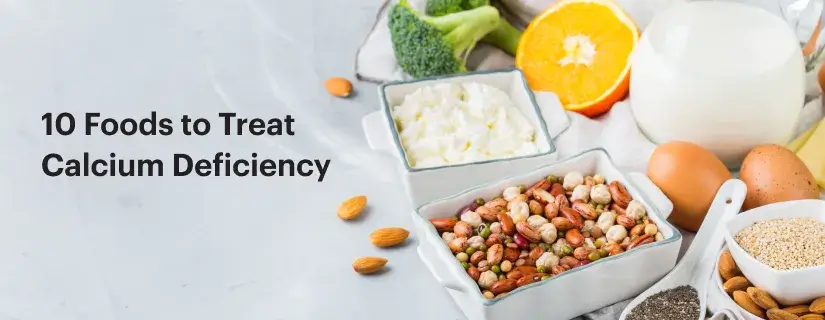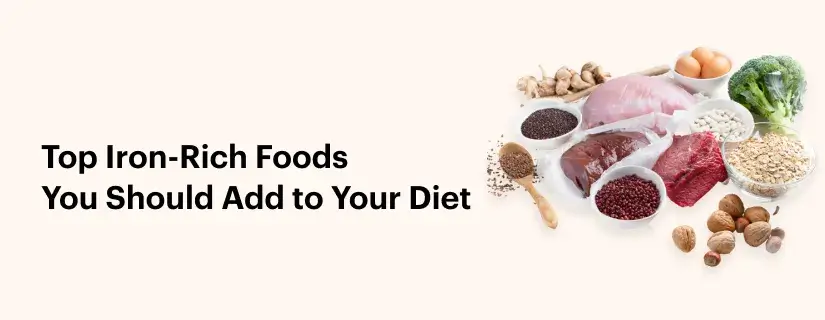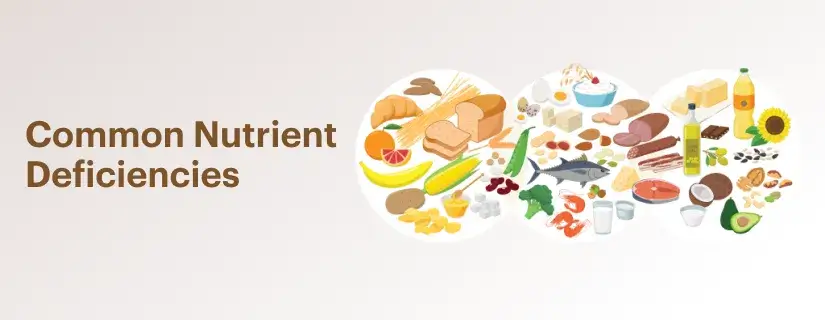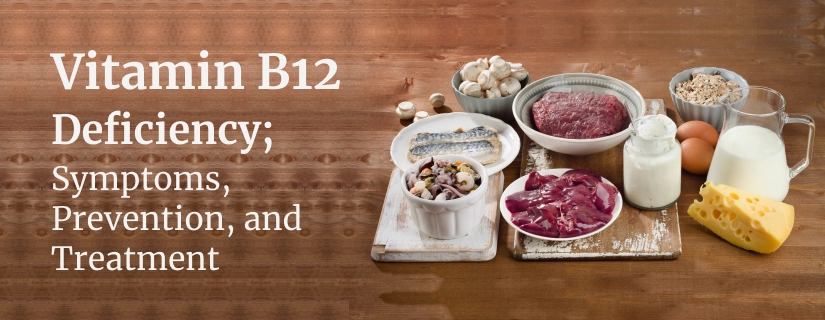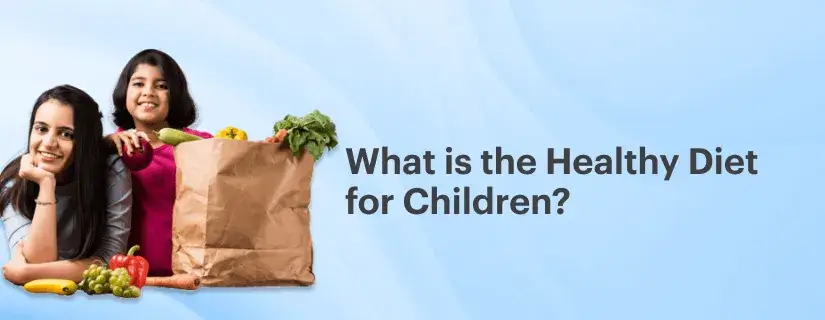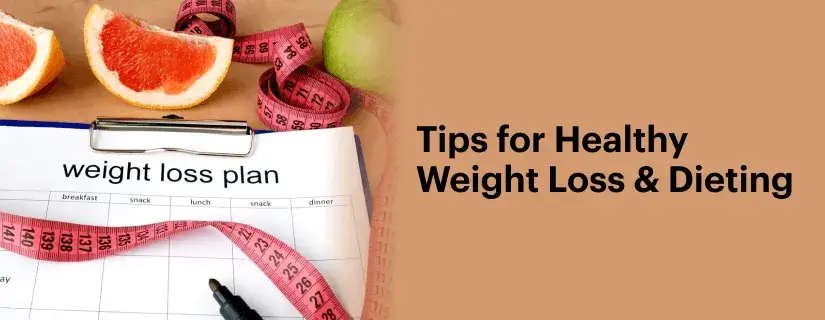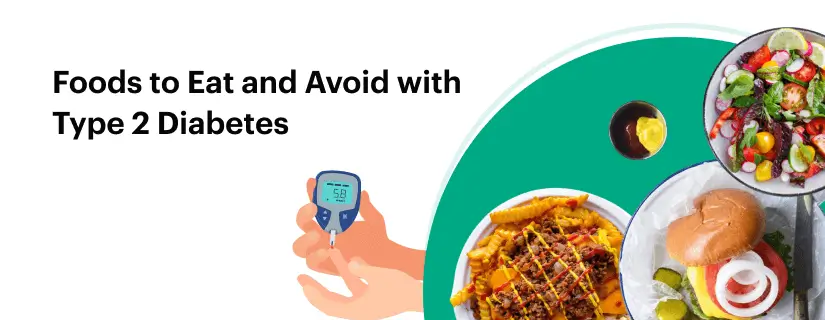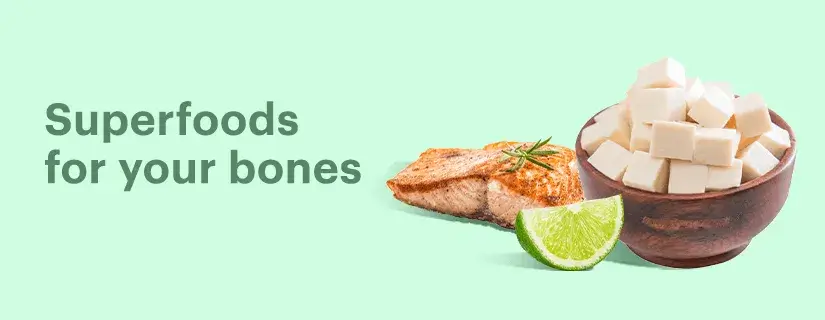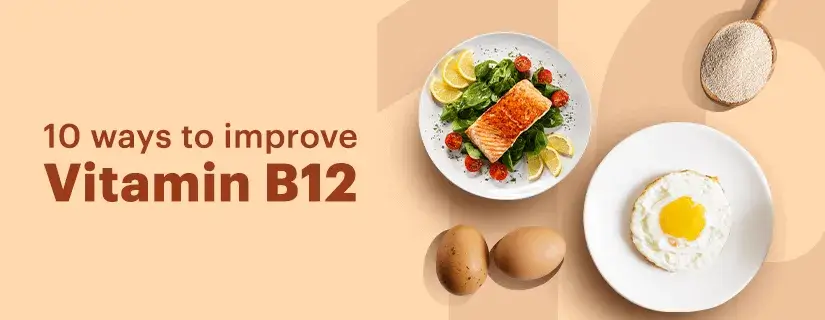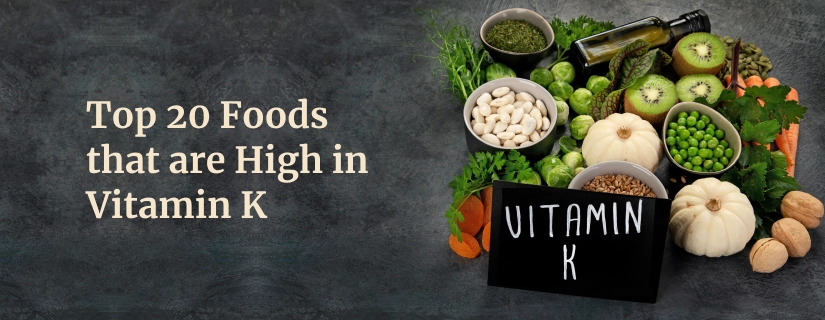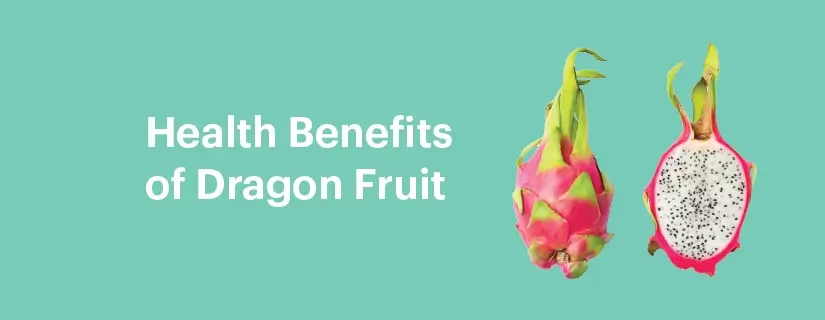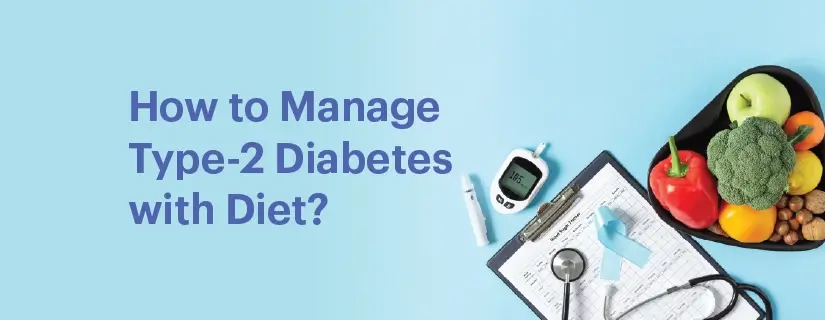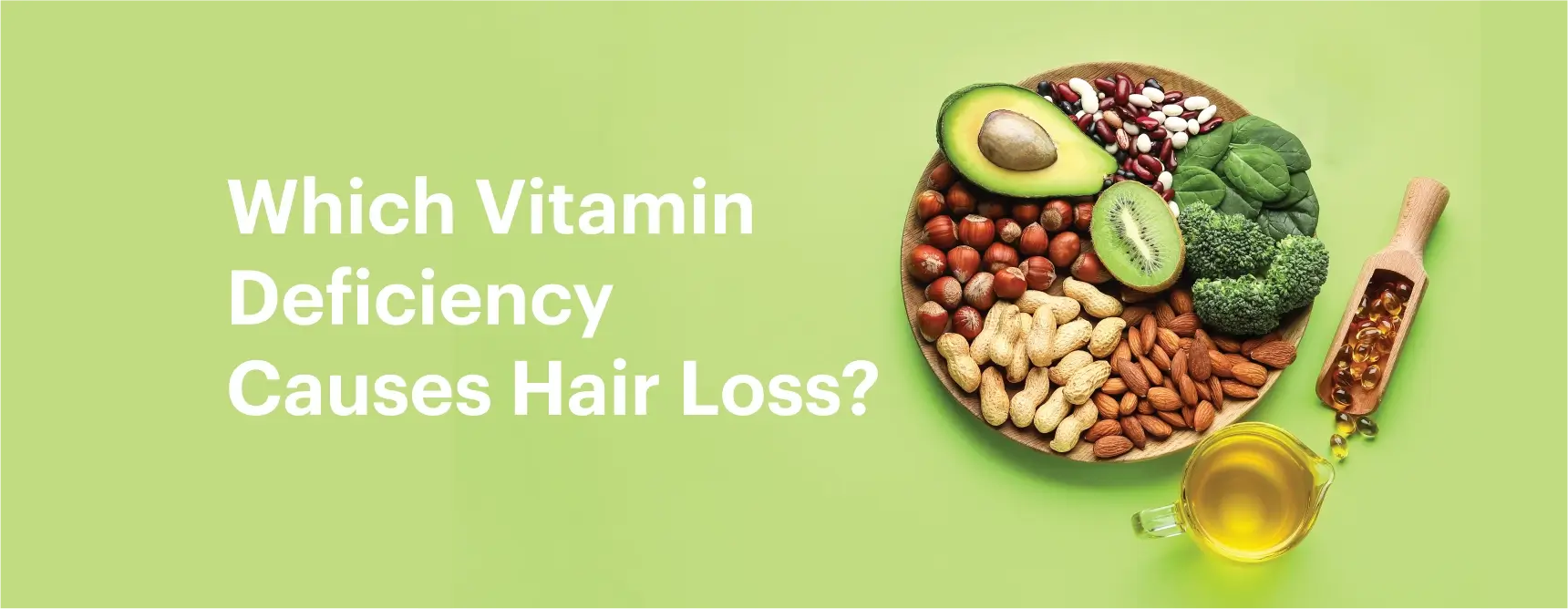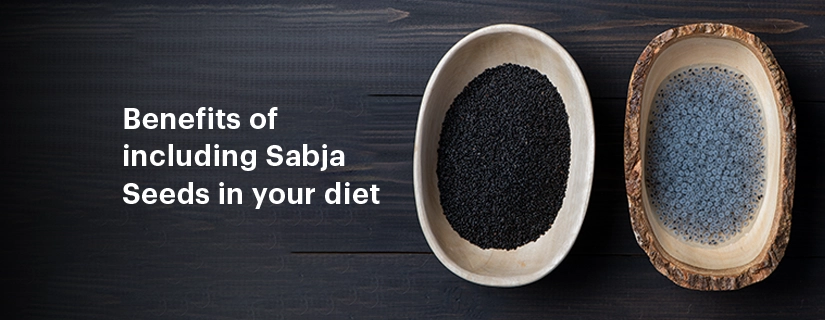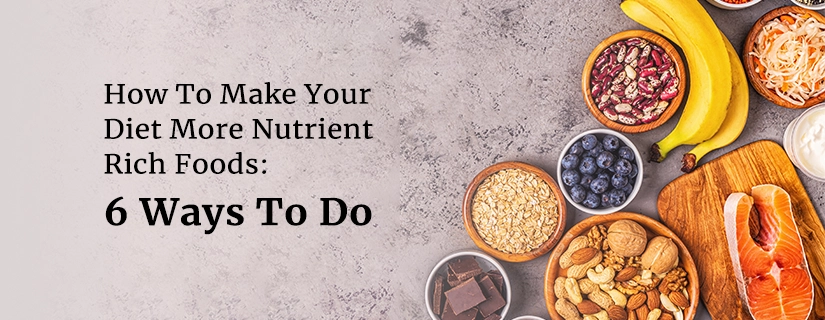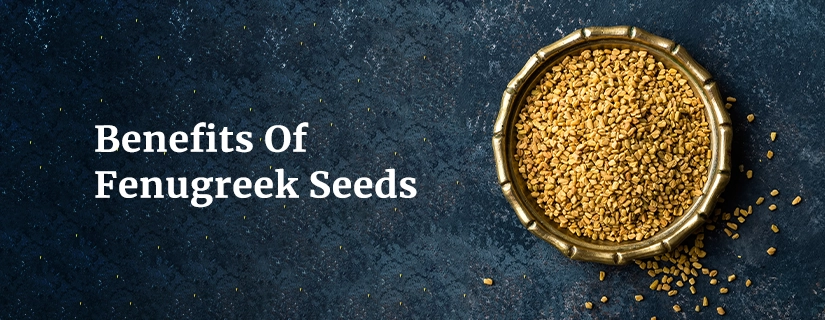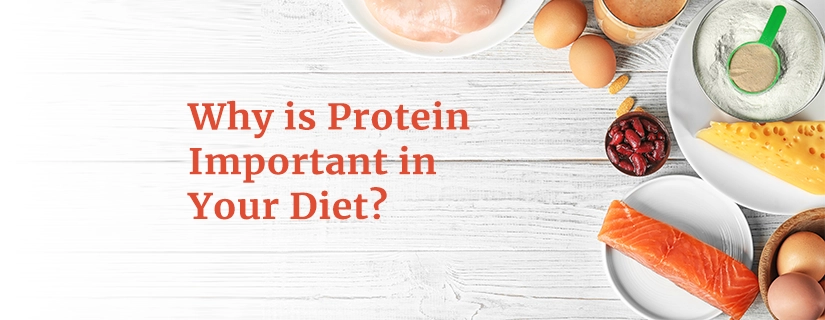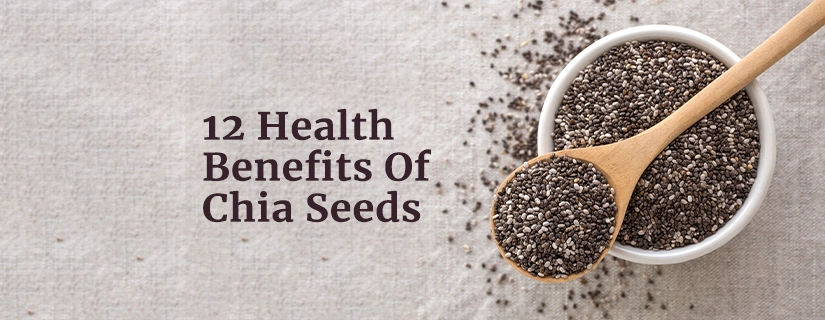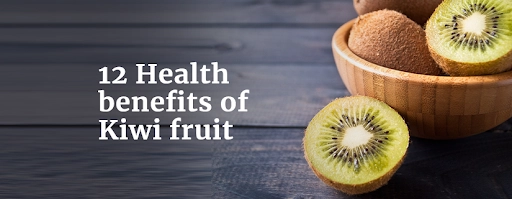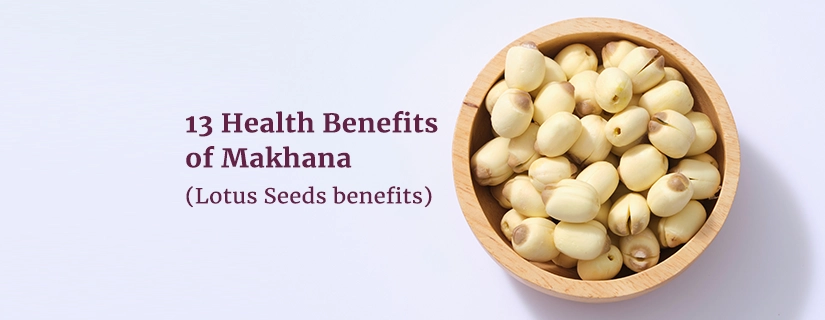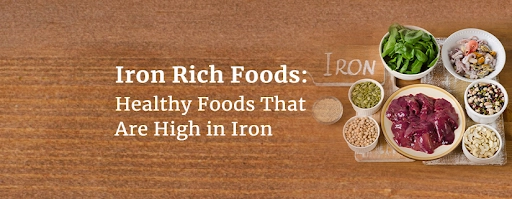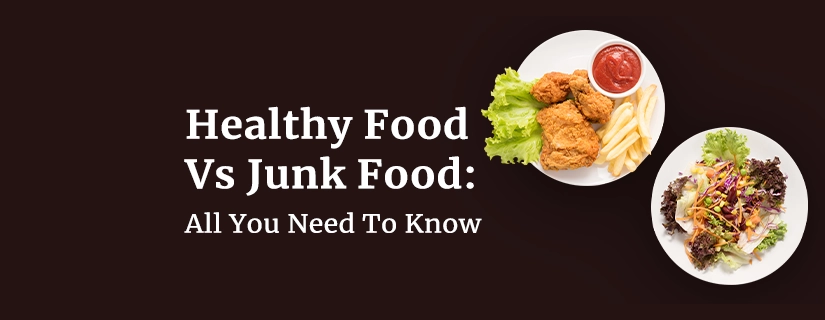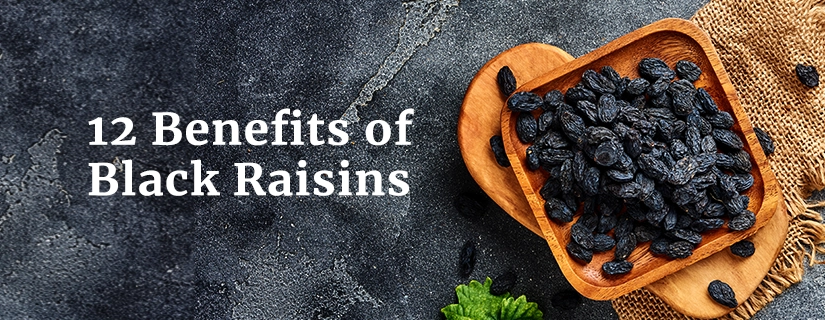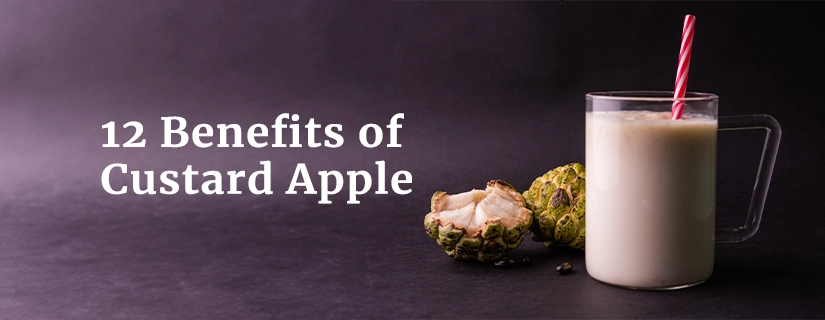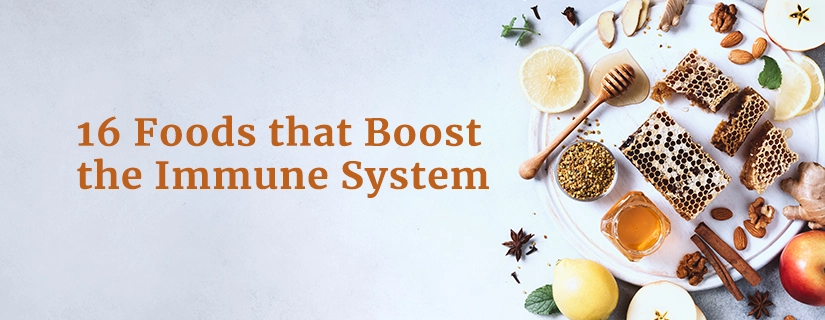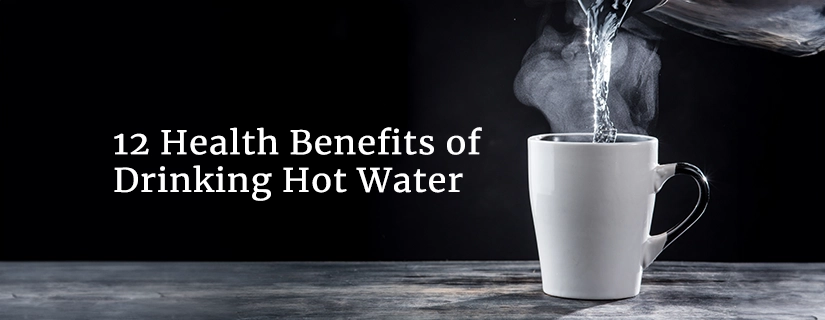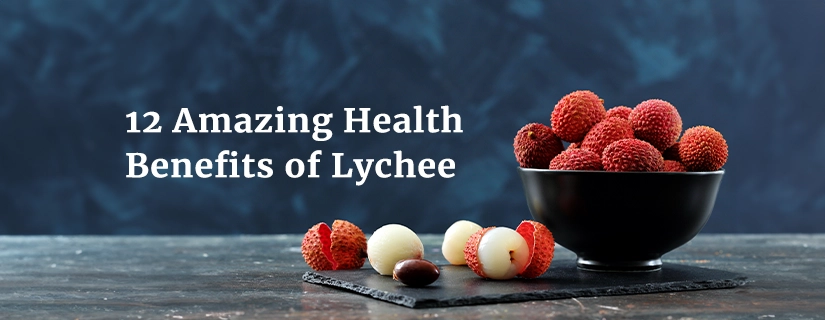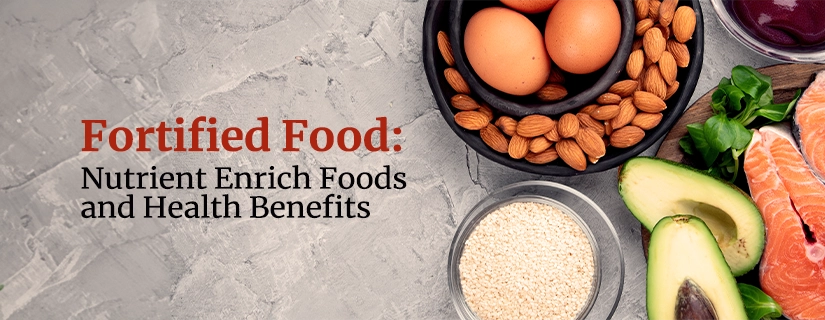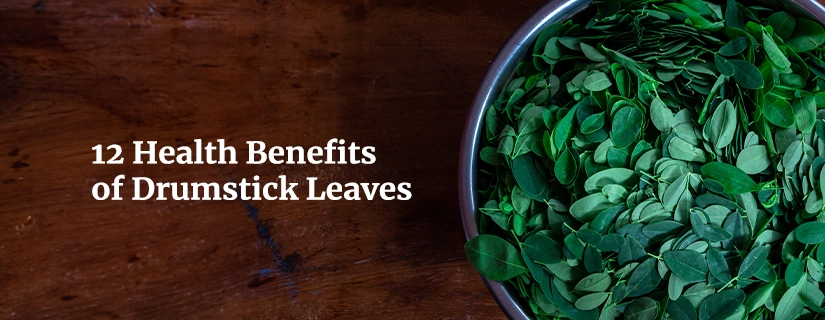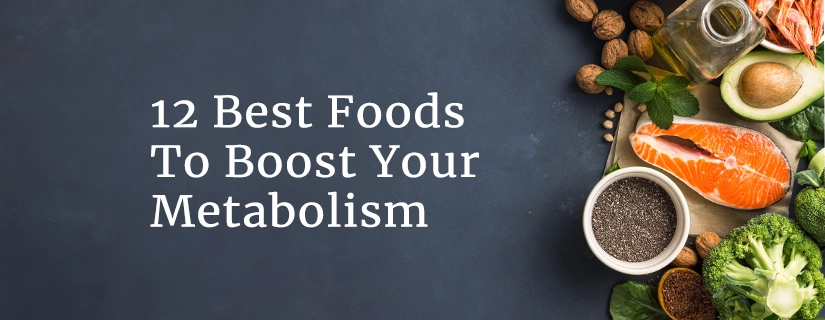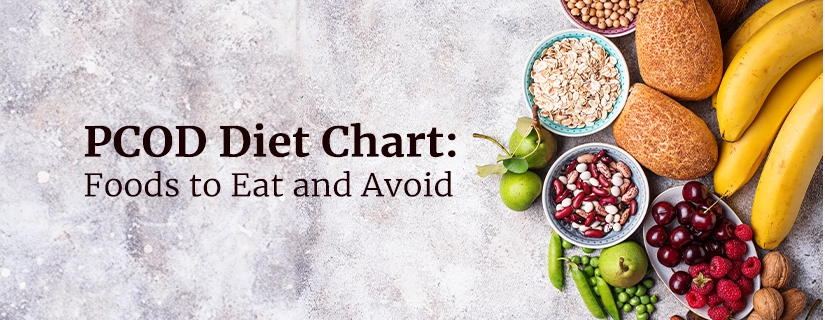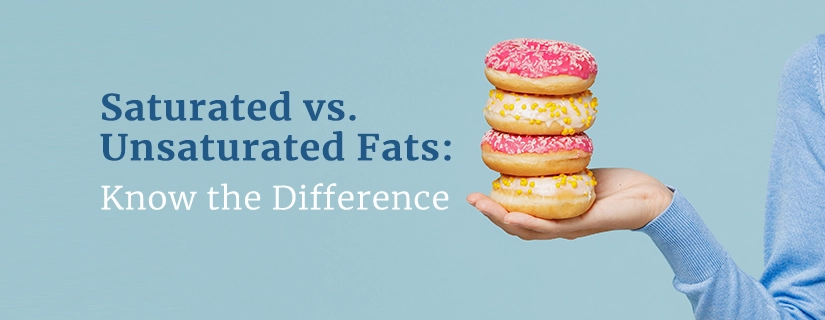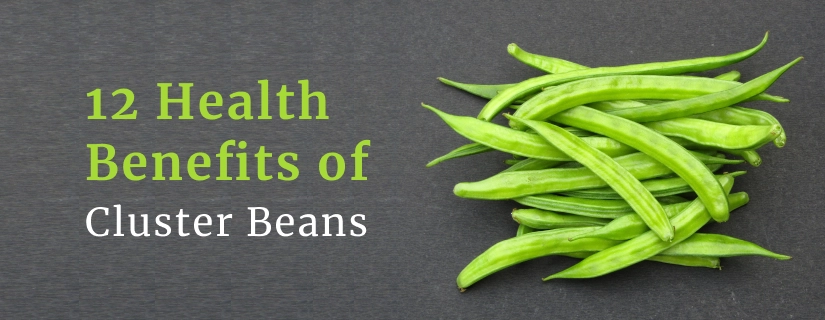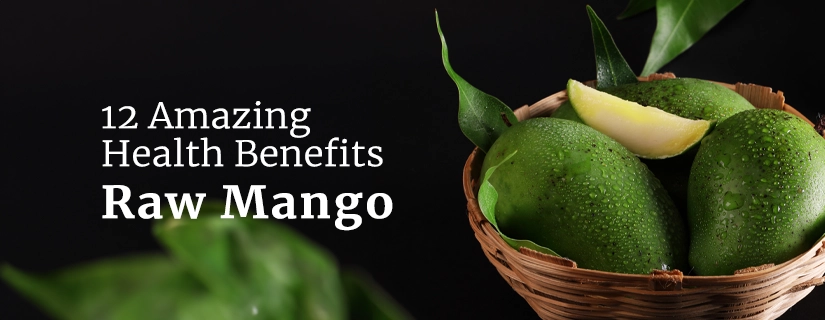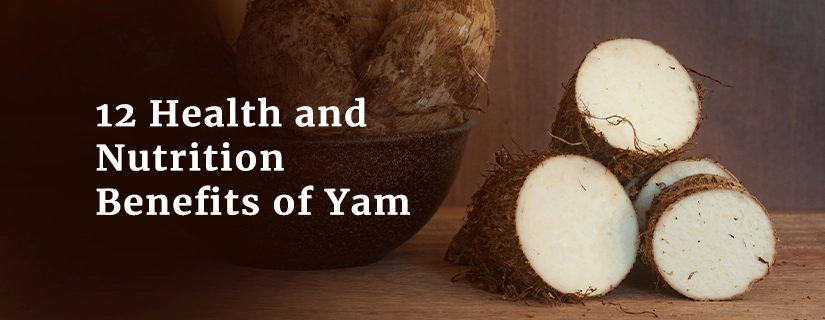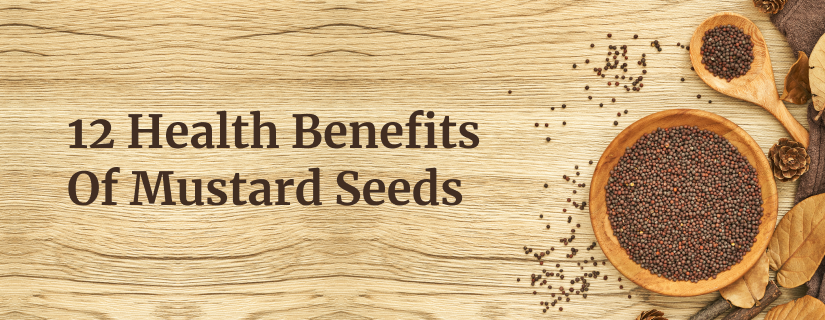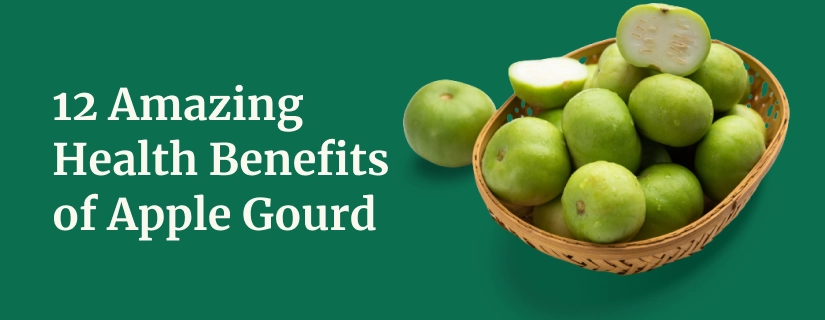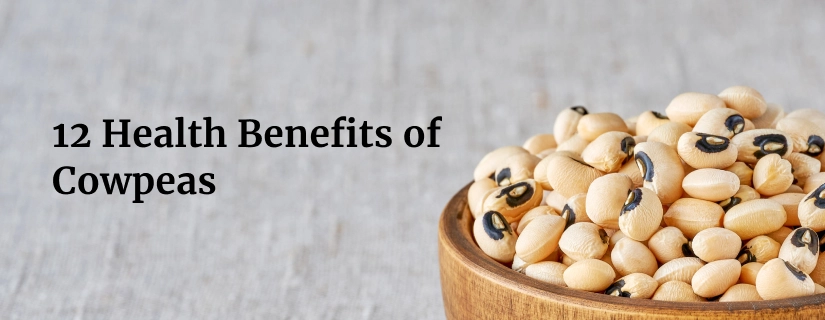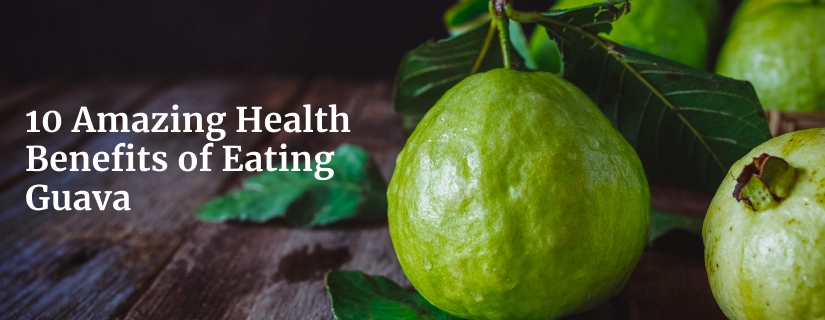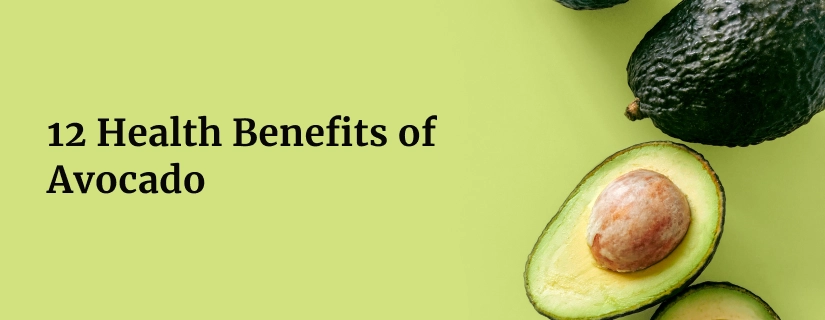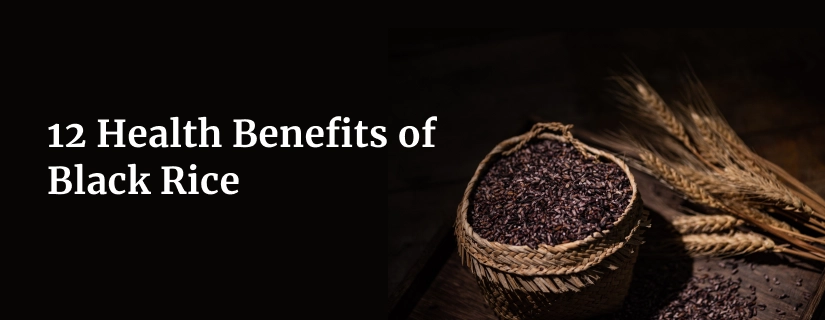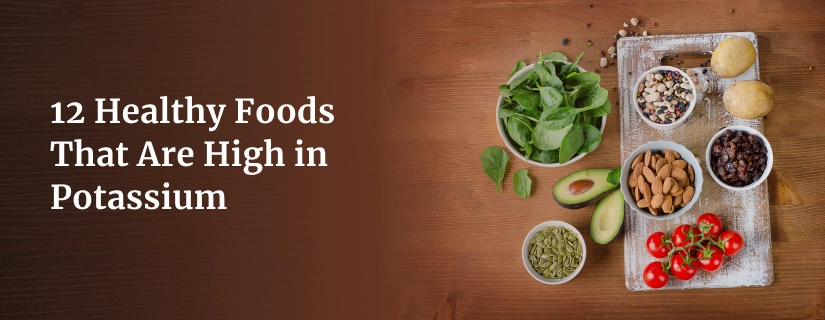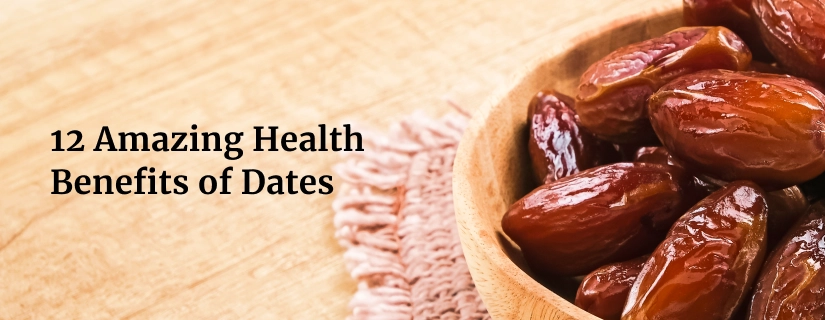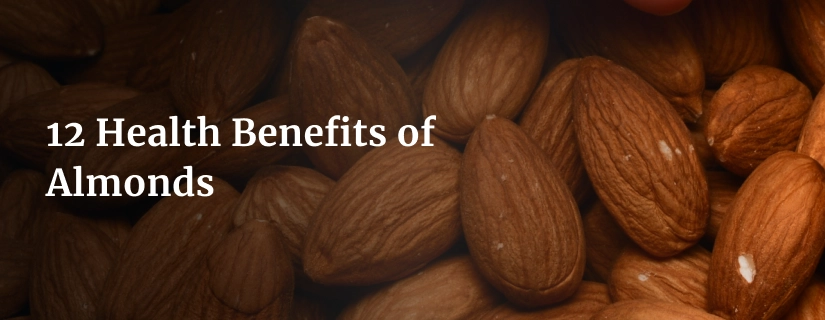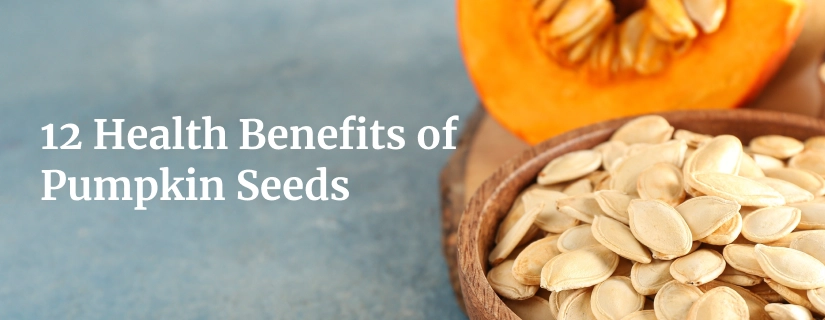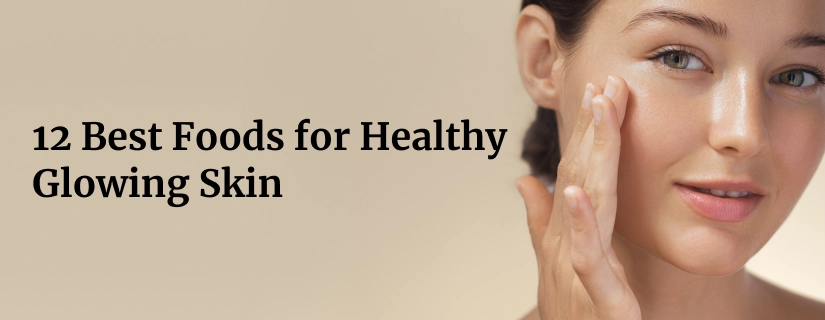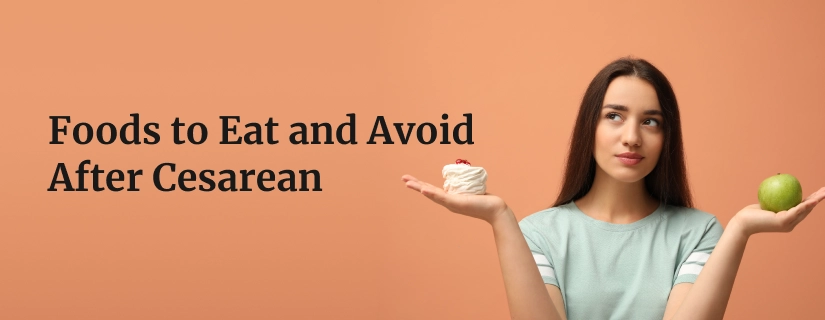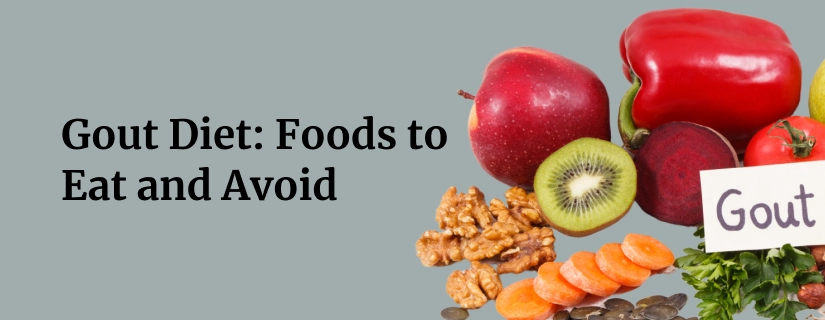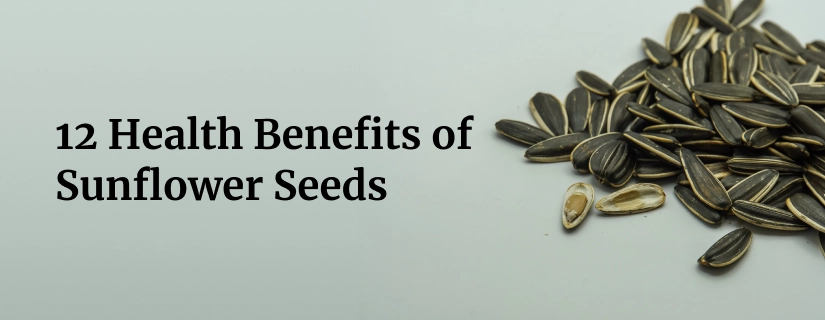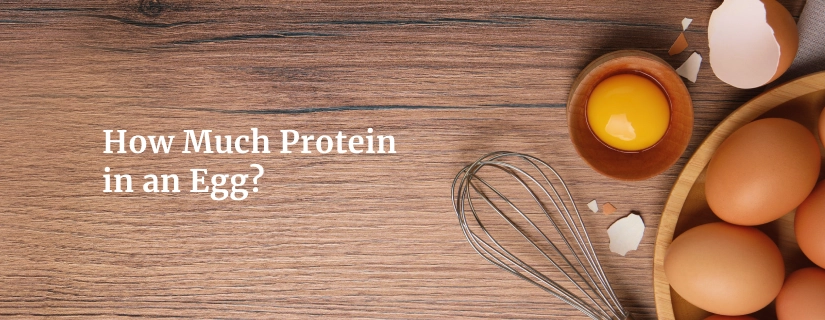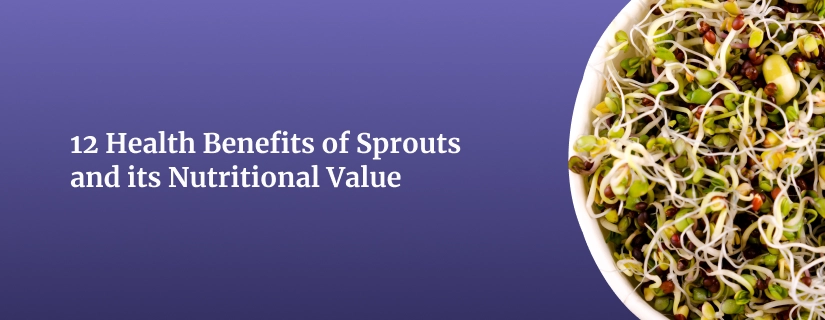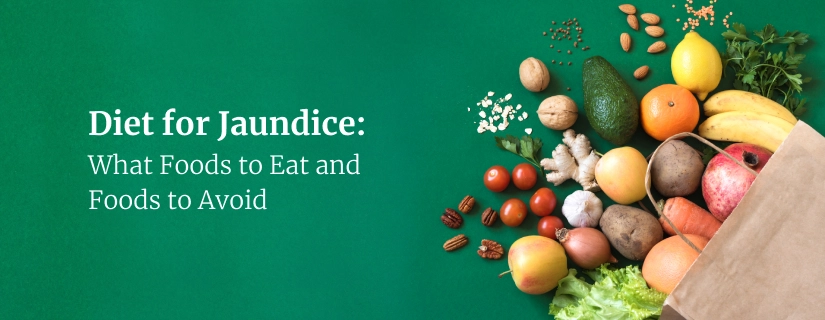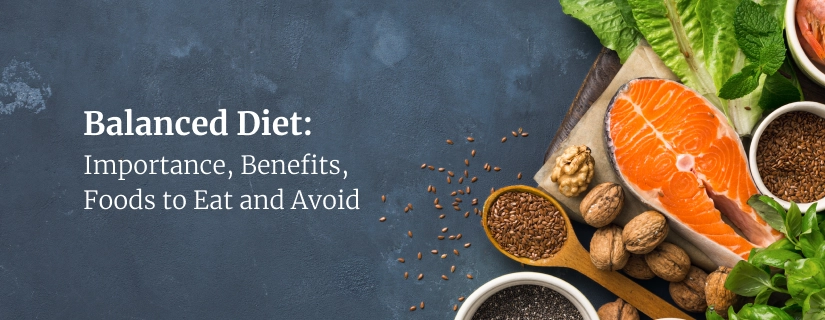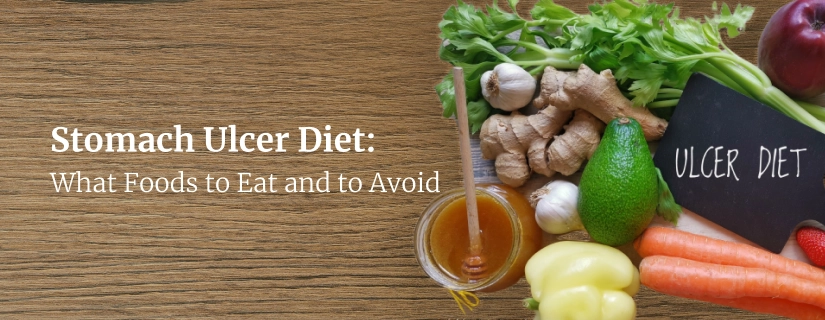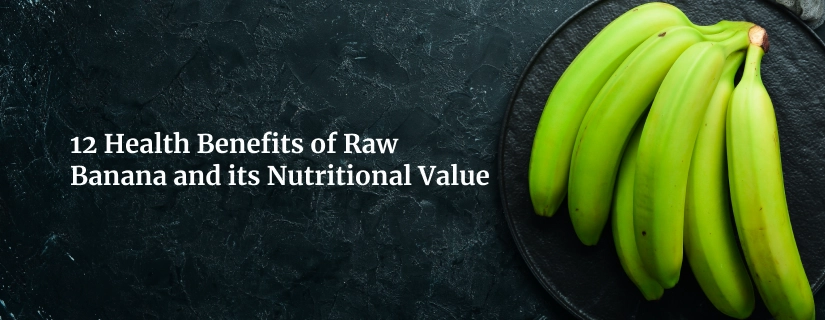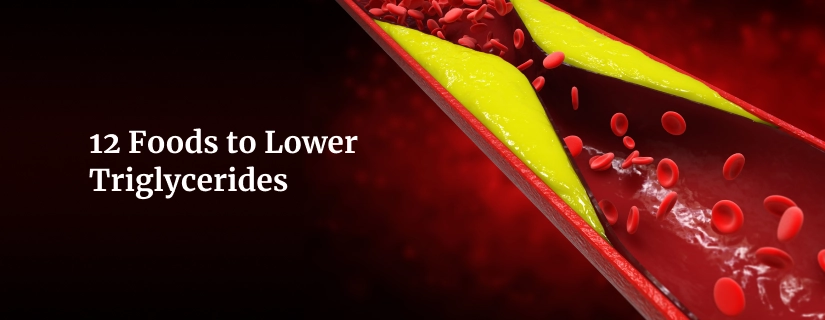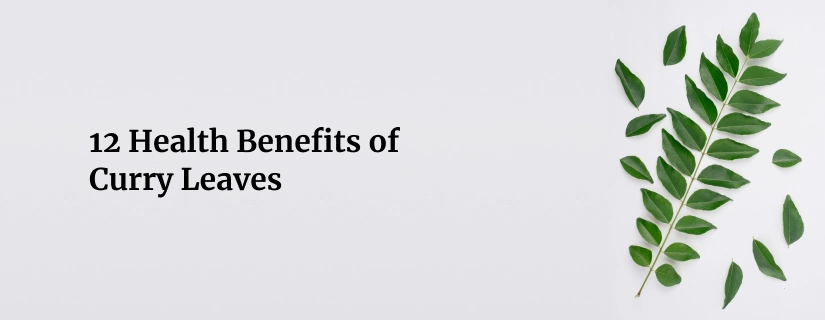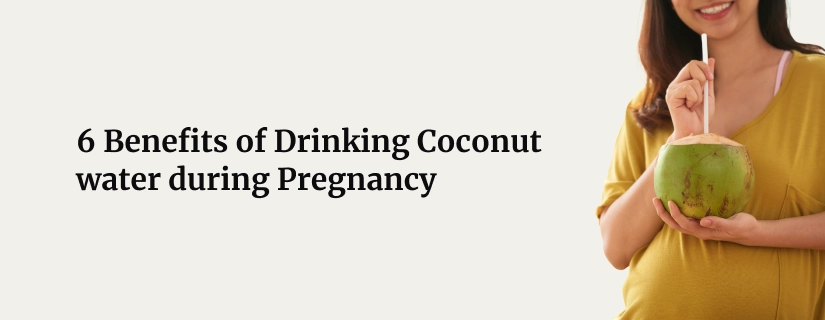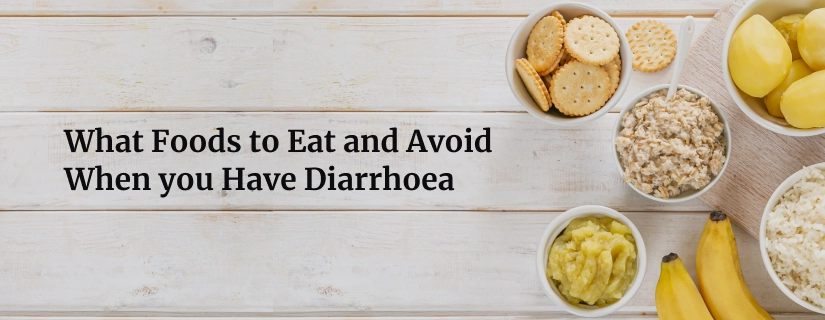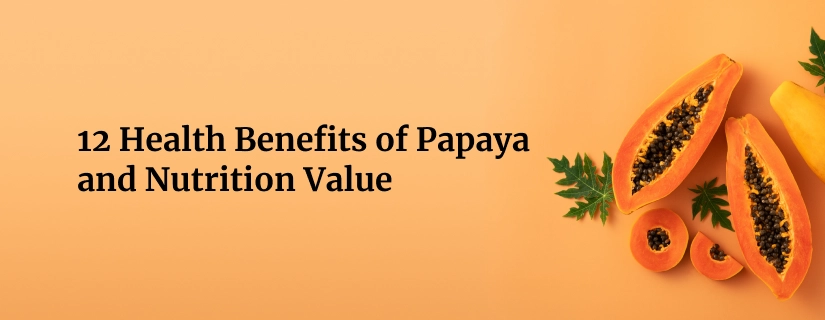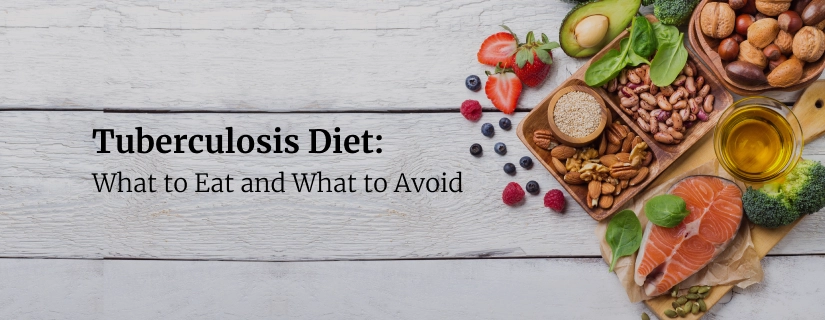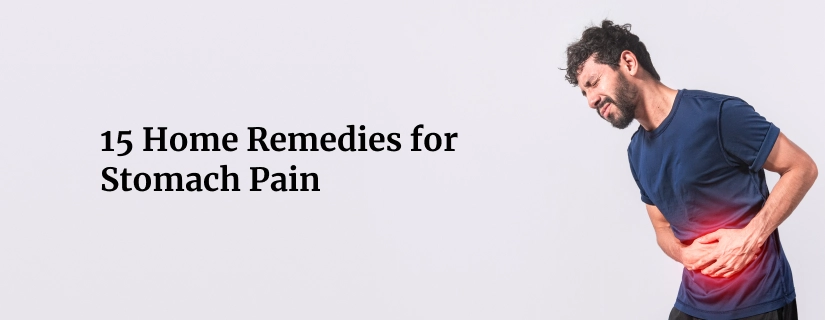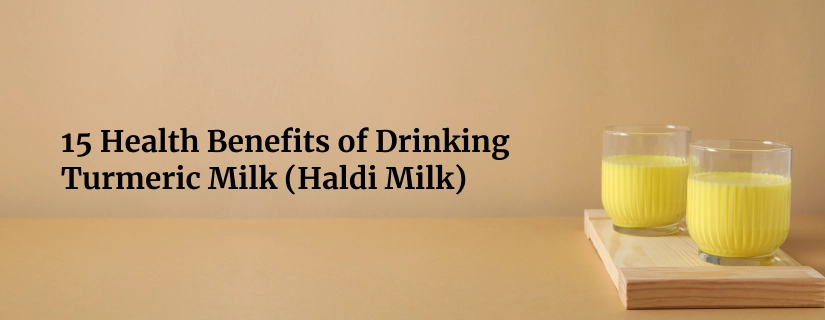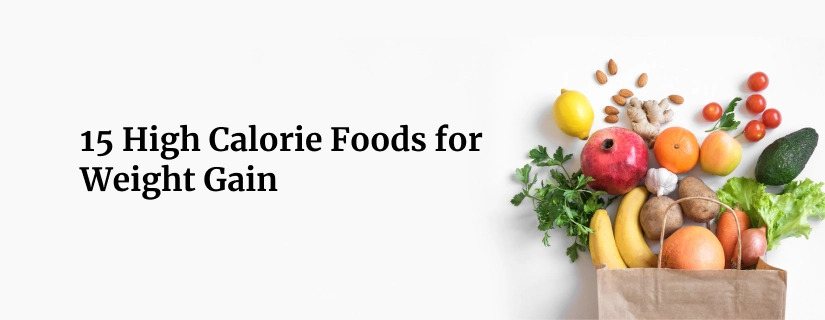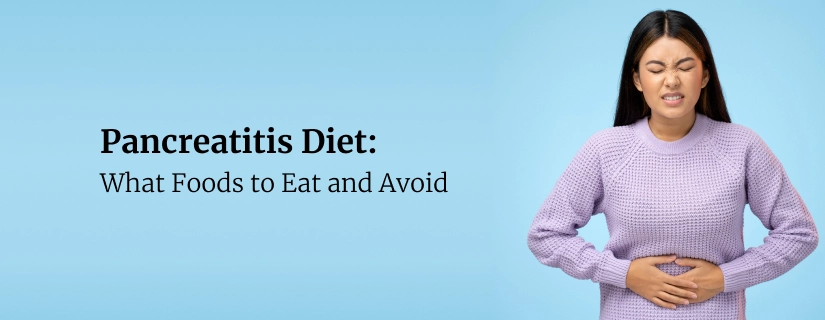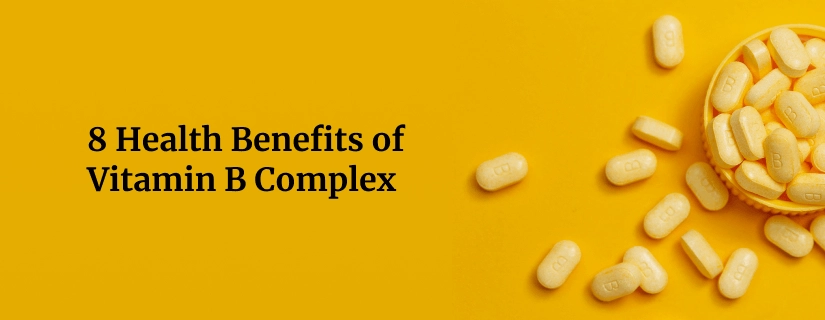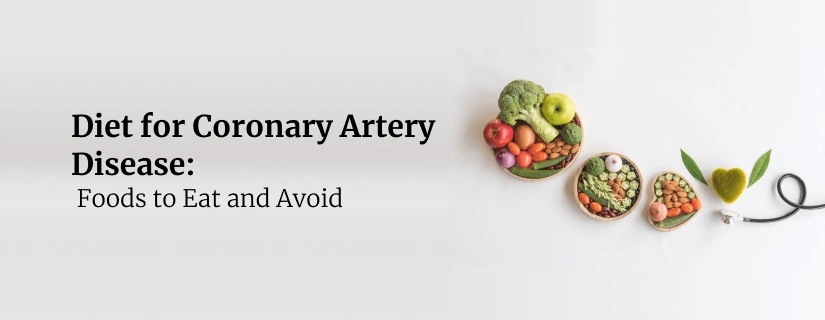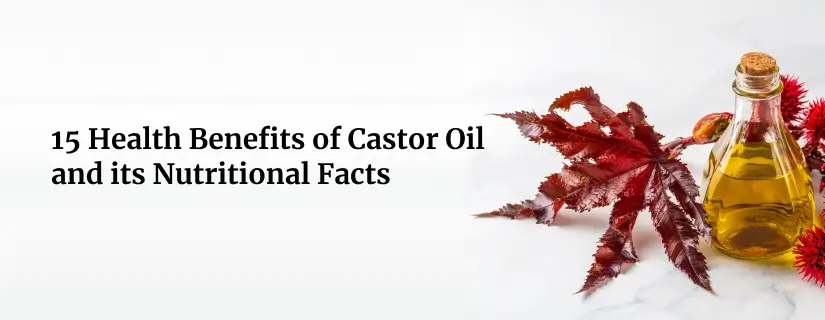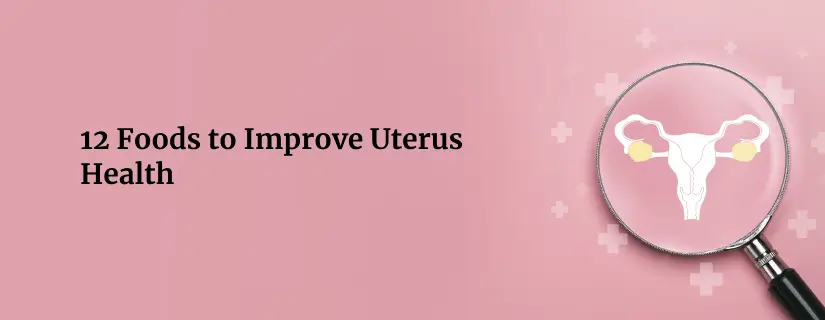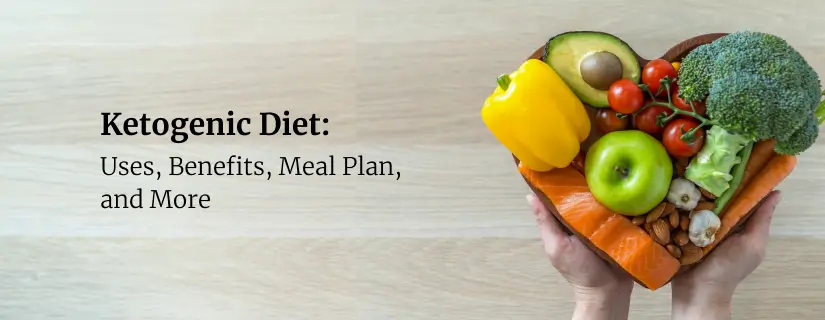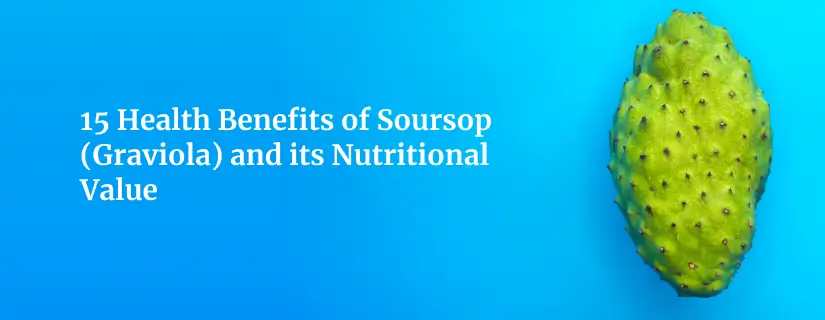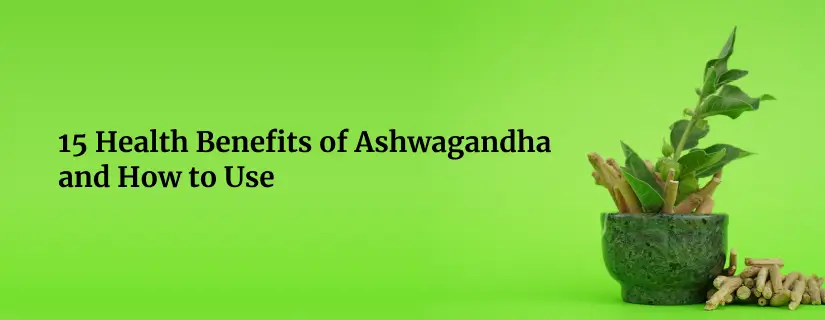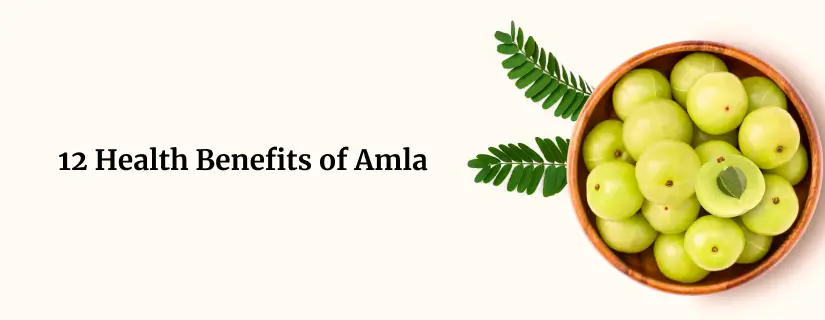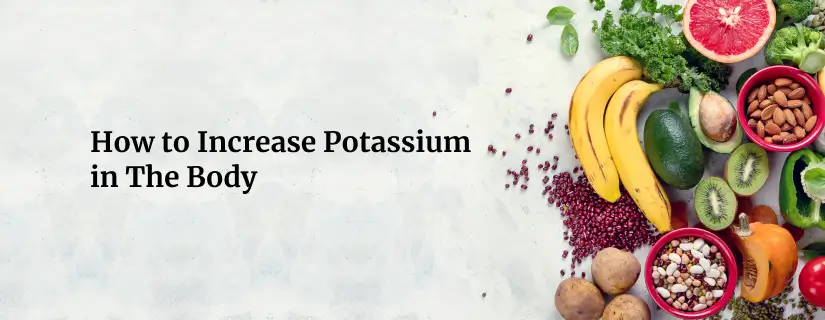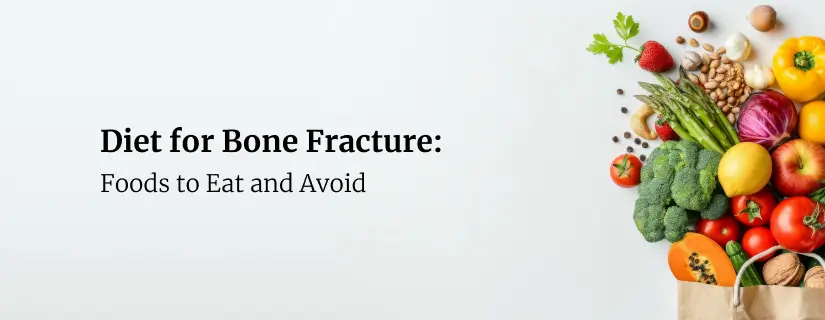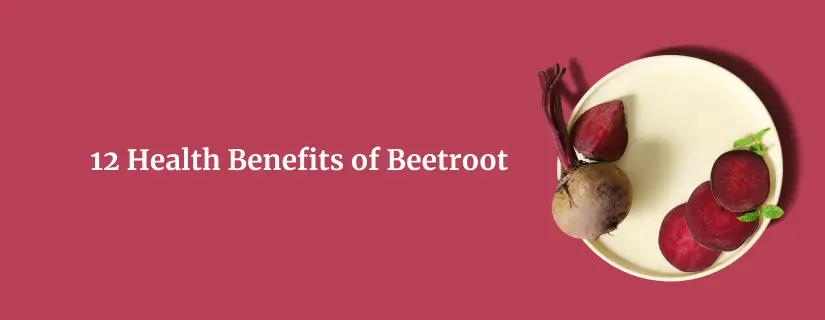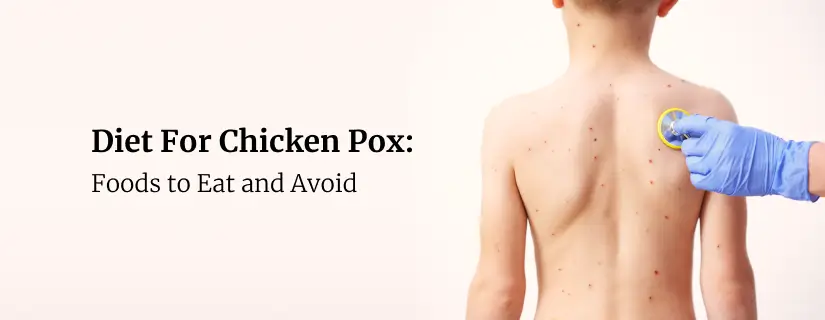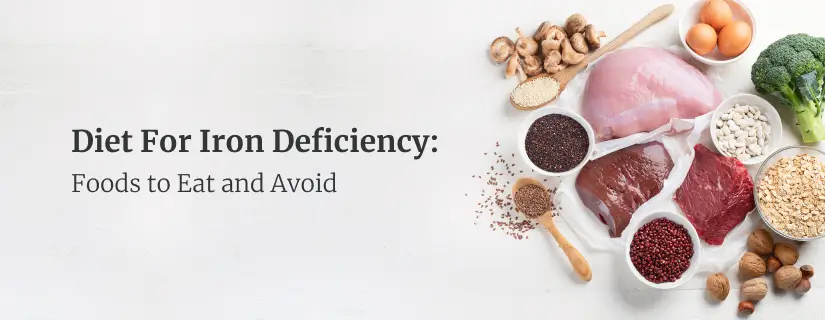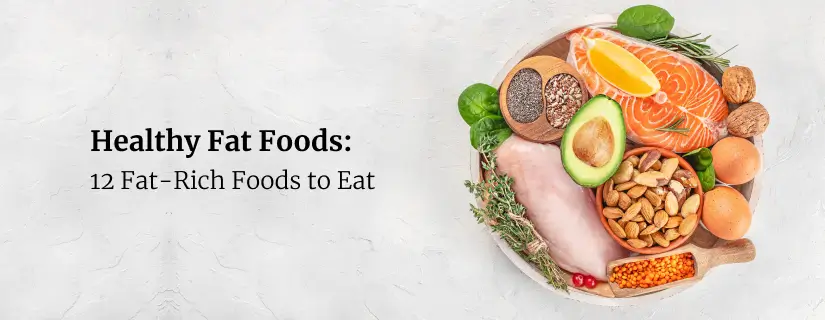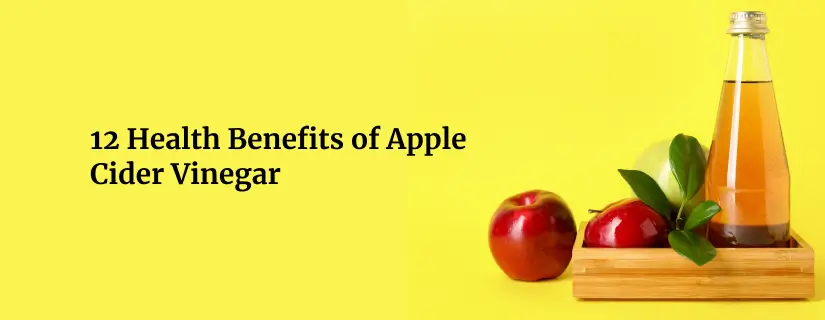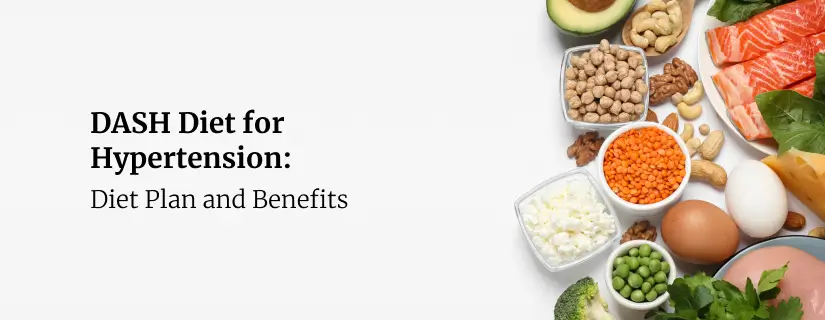-
Doctors
-
Specialities & Treatments
Centre of Excellence
Specialties
Treatments and Procedures
Hospitals & Directions HyderabadCARE Hospitals, Banjara Hills CARE Outpatient Centre, Banjara Hills CARE Hospitals, HITEC City CARE Hospitals, Nampally Gurunanak CARE Hospitals, Musheerabad CARE Hospitals Outpatient Centre, HITEC City CARE Hospitals, Malakpet
HyderabadCARE Hospitals, Banjara Hills CARE Outpatient Centre, Banjara Hills CARE Hospitals, HITEC City CARE Hospitals, Nampally Gurunanak CARE Hospitals, Musheerabad CARE Hospitals Outpatient Centre, HITEC City CARE Hospitals, Malakpet Raipur
Raipur
 Bhubaneswar
Bhubaneswar Visakhapatnam
Visakhapatnam
 Nagpur
Nagpur
 Indore
Indore
 Chh. Sambhajinagar
Chh. SambhajinagarClinics & Medical Centers
Book an AppointmentContact Us
Online Lab Reports
Book an Appointment
Consult Super-Specialist Doctors at CARE Hospitals
12 Foods High in Zinc and Their Health Benefits
Updated on 6 March 2024
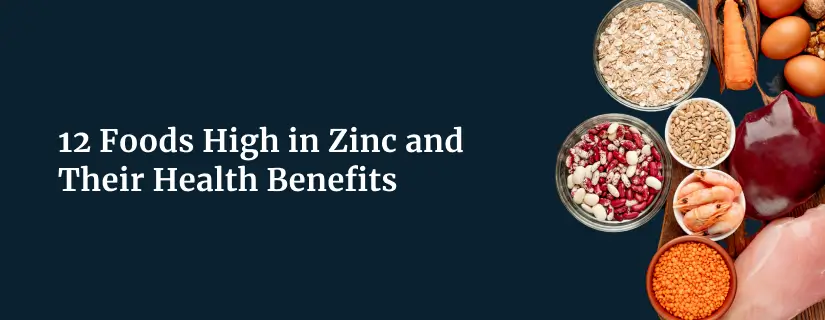
Zinc is a crucial component in the complex web of nutrition, necessary for many body processes. This micronutrient is essential for wound healing, DNA synthesis, and immune system function. You require little amounts of this mineral every day, along with iron, to be healthy and carry out essential tasks. Zinc is a mineral that is found in every tissue in the body. It is essential for normal cell division and functions as an antioxidant to prevent damage from free radicals and delay the ageing process.
Zinc insufficiency is recognised all across the world as a major nutritional challenge, with inadequate zinc intake being one of its primary causes. This is to say, zinc deficiency is the world’s fifth leading factor for disease occurrence. It can occur when your diet does not contain adequate zinc or if you suffer from impaired gut integrity and digestive disorders that limit absorption of this mineral. In order to ensure that our bodies are getting sufficient amounts of zinc minerals, we need to consume meals rich in zinc. Zinc-rich foods are rather easy to find, as vegetarians and nonvegetarians have a large selection available for them. Have zinc-rich meals two or three times a day to make sure your body has the right amounts.
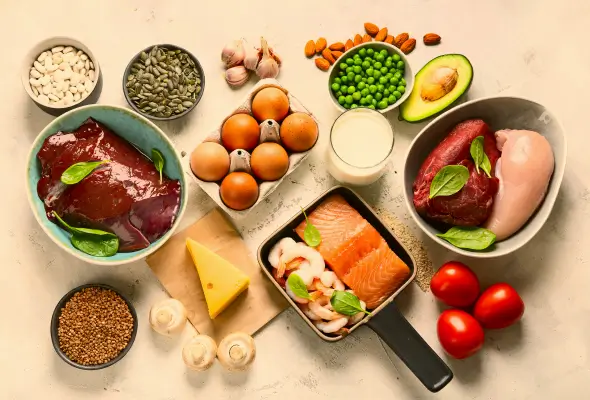
What zinc deficiency can cause?
Zinc deficiency can lead to a variety of health issues due to its crucial role in numerous bodily functions. Here are some potential consequences of zinc deficiency:
- Weakened Immune System: Increased susceptibility to infections and illnesses due to impaired immune function.
- Delayed Wound Healing: Slower recovery from cuts, scrapes, and surgical wounds, as zinc is essential for skin health and tissue repair.
- Hair Loss: Thinning hair or hair loss can occur, as zinc is important for hair follicle health.
- Skin Issues: Conditions such as acne, dermatitis, and rashes may develop, as zinc helps maintain skin integrity.
- Loss of Taste and Smell: Impairment of these senses can occur, making food less enjoyable and affecting appetite.
- Growth Retardation: In children, zinc deficiency can lead to stunted growth and development issues, as it is vital for proper growth.
- Fertility Problems: In men, low zinc levels can contribute to reduced testosterone levels, low sperm count, and infertility.
12 Best Foods With Zinc
India is known for its seasonal variety of fruits and vegetables, and zinc is an essential mineral for optimal bodily function. Here's a list of 12 amazing foods that are high in zinc that you should incorporate into your diet:
- Dairy products: One among the many minerals that are found in milk and cheese is zinc. As zinc is bioavailable, the body may absorb it faster. Vegetarians should eat dairy products, as this will provide a good amount of zinc-rich food. Yoghurt is the primary source of zinc; thus 250 mL of yoghurt each satisfies about 15% the daily needs for it. These items also contain high amounts of other nutrients that promote good health and healthy bones.
- Eggs: Some amounts of zinc may be present in eggs and some of the requirements for your daily means can be met through these. There is about 0.6 mg zinc per large egg. Therefore, including zinc in diet can help you meet your daily zinc requirement.
- Chicken: Lean protein, which promotes muscle growth and development, is found in abundance in chicken. Its high zinc content is something that many people are not aware of, though. If you consume chicken on a daily basis, it will help your heart, bones, and immunity. Zinc content per 85 grams of chicken is 2.4 mg.
- Meat/Red Meat: Meat is a great source of zinc. Red meat is especially high in zinc, but other meats like lamb may also contain sufficient amounts of zinc minerals. A host of other vital elements for optimal health are also present in it, including iron, B vitamins, and creatine. It is important to remember that consuming a lot of red meat—especially processed meat—has been connected to a higher risk of heart disease and some types of cancer. However, this generally isn't a concern if you eat unprocessed red meats as part of a diet high in fruits, vegetables, and fibre, and limit your intake of processed meats.
- Dark Chocolate: If you have a sweet tooth, dark chocolate, which also contains a lot of zinc, will satisfy your cravings. Dark chocolate has greater zinc content. Dark chocolate contains flavanol, which is good for the blood vessels because it lowers blood pressure, increases blood flow, and boosts immunity. An 85–90% dark chocolate bar weighing 100 grams has 3.3 milligrammes of zinc.
- Spinach: This lush green vegetable is considered to be a leading source of vitamins and minerals. There’s about 0.8 mg of zinc per 100 grams of cooked spinach, making it one of the healthiest foods on the list.
- Chickpeas: Chickpeas are a staple food in Indian cuisine. Chickpeas are the ideal food choice if you want to meet your zinc requirements without consuming meat. There are 2.5 mg of zinc and a lot of fibre and protein in one cup of cooked chickpeas. Chickpeas can be used in curries, salads, and snacks.
- Banana: Bananas are rich in potassium, but also contain zinc in sufficient amounts. Bananas can help you include some amount of zinc in your diet, even if they're not the best source of the mineral. Large bananas weighing 135 grams and measuring 8 to 9 inches in length have 0.20 milligrammes of zinc in them. A tiny banana weighing 100 grams and measuring 6 to 7 inches in diameter has 0.15 milligrammes of zinc in it.
- Garlic: Garlic is one of the most widely used vegetables in India, which is also high in zinc. It is well-recognised for reducing cholesterol, which lowers the risk of heart disease. Around 1.16 mg of zinc per 50 grams is present.
- Peas: Green peas are widely used across India, and happen to have high zinc content. With their high fibre and antioxidant content, peas make for a highly nutritious food. They are members of legumes family. Peas have a good level of zinc in addition to their high lutein content, which makes outantioxidants. There’s about 1.2 milligrammes of zinc per 100 grams of peas. Consuming peas in moderation contributes to the preservation of bodily health and muscular power.
- Mushrooms: One of the most potent foods that is high in zinc and other nutrients is the mushroom. In addition to veggies, mushrooms also deserve special attention due to their high zinc content. A cup of cooked white mushrooms provides 1.4 milligrammes of zinc, or 9% of the daily value.
- Nuts: You may up your zinc intake by eating peanuts, cashews, almonds, and pine nuts. Nuts also provide a wide range of other healthful components, including fibre, good fats, and several vitamins and minerals. As a nut high in zinc, cashews are a great option. A 1-ounce (28 gm) serving contains 15% of the daily value (DV) of zinc.
How Much Zinc Do You Need?
The recommended daily intake of zinc varies by age and gender. For adults, the ideal amount is around 11 mg for men and 8 mg for women. This crucial mineral is involved in various bodily functions, including immune support, wound healing, and DNA synthesis. Striking the right balance is essential, as excessive zinc intake can lead to adverse effects. A diverse and balanced diet, comprising zinc-rich foods like meat, seeds, and legumes, can help meet these recommended levels.
Zinc requirements vary based on your age, gender, and life stage. Here are the recommended daily amounts of zinc:
- Males aged 14 and older: 11 mg
- Females aged 14 to 18: 9 mg
- Pregnant females aged 14 to 18: 12 mg
- Breastfeeding females aged 14 to 18: 13 mg
- Females aged 19 and older: 8 mg
- Pregnant females aged 19 and older: 11 mg
- Breastfeeding females aged 19 and older: 12 mg
For adults 19 and older, the maximum safe intake of zinc from food and supplements is 40 mg per day. Taking too much zinc can harm your immune system and reduce your levels of HDL ("good") cholesterol.
Zinc Benefits
Here’s how zinc can benefit your health and well-being:
- Supports immune system
- Promotes wound healing
- Encourages muscle growth and repair
- Supports cognitive function, playing a role in neurotransmitter regulation.
- Acts as antioxidant and combats oxidative stress.
- Enhances eye health by converting vitamin A into its active form which helps maintain healthy eyesight.
- Enhances cardiovascular function
Zinc is an essential mineral that offers numerous health benefits. Here are some key advantages of zinc:
- Boosts Immune Function: Zinc plays a crucial role in maintaining a healthy immune system, helping the body fight off infections and illnesses.
- Supports Wound Healing: Zinc is important for skin health and aids in the healing of wounds and cuts.
- Promotes Growth and Development: It is vital for proper growth and development during childhood, adolescence, and pregnancy.
- Enhances Sense of Taste and Smell: Zinc is necessary for maintaining the senses of taste and smell, and deficiency can impair these senses.
- Improves Fertility: Zinc is essential for male reproductive health, as it contributes to sperm production and testosterone levels.
- Antioxidant Properties: It helps protect cells from oxidative stress and damage caused by free radicals, reducing the risk of chronic diseases.
- Supports Skin Health: Zinc can help manage acne and other skin conditions by regulating oil production and reducing inflammation.
- May Reduce the Duration of Colds: Some studies suggest that zinc supplements may shorten the duration of colds when taken at the onset of symptoms.
- Aids in Protein Synthesis: Zinc plays a role in the synthesis of proteins, which are essential for cell repair and growth.
- Regulates Hormones: It helps regulate various hormones in the body, including insulin, which is important for blood sugar control.
Conclusion
Incorporating zinc-rich foods in your diet can significantly boost your health and support your well-being. Whether through vibrant vegetables, lean meats, or delightful nuts, embracing a diverse range of zinc sources ensures your body gets the support it needs for optimal function and resilience. Contact a doctor if you suspect you may be low in zinc so they may assess your condition, and, if necessary, safely raise your levels.
FAQs
1. What fruits and vegetables are high in zinc?
Vegetables like spinach, mushrooms, kale, and peas contain zinc, though in smaller amounts compared to animal products. Fruits like avocados, blackberries, and pomegranates also provide some zinc.
2. Are eggs rich in zinc?
Yes, eggs contain zinc, especially in the yolk. Although they don’t provide a very high amount, eating eggs regularly can help contribute to your daily zinc intake.
3. How do you get 100% of zinc daily?
To get 100% of your daily zinc, include foods like meat, shellfish, legumes (like chickpeas and lentils), nuts, seeds (pumpkin seeds), dairy products, and whole grains in your diet. Adult men typically need 11 mg of zinc daily, while women need 8 mg.
4. What are the symptoms of low zinc?
Symptoms of low zinc can include a weakened immune system, hair loss, poor wound healing, skin issues (like acne), loss of appetite, and taste changes. Severe deficiency may also cause growth delays in children.
5. How can I check my zinc levels?
You can check your zinc levels through a blood test ordered by your doctor. This test will measure the amount of zinc in your blood to determine if you’re deficient.
6. Which dry fruit is full of zinc?
Cashews are particularly high in zinc among dry fruits. Other options include almonds and walnuts, which also contain some zinc.
7. What are the benefits of zinc?
Zinc is essential for a healthy immune system, wound healing, cell growth, and DNA synthesis. It also supports taste and smell, helps with proper growth during childhood, and plays a role in reducing inflammation.

ENQUIRY FORM
SELECT CATEGORIES
-
Neurosciences (16)
-
Neurology (37)
-
Neurosurgery (14)
-
Orthopaedics (48)
-
Oncology (33)
-
Obstetrics and gynecology (51)
-
Pulmonology (23)
-
Urology (20)
-
Nephrology (13)
-
Psychiatry (7)
-
Dietetics and Nutrition (111)
-
General Medicine (63)
-
Cardiac Sciences (30)
-
Vascular & Endovascular Surgery and Interventional Radiology (10)
-
Gastroenterology (46)
-
Endocrinology (23)
-
Plastic Surgery (10)
-
Critical Care Medicine (5)
-
COVID-19 (16)
-
Dermatology (16)
-
Emergency Care (1)
-
Ophthalmology (4)
-
Pediatrics (14)
-
Laparoscopic and Bariatric Surgery (8)
-
ENT (15)
-
Kidney Transplant (1)
-
Liver Transplantation and Hepatobiliary Surgery (5)
-
General Surgery (3)
-
Internal Medicine (5)
-
Medicine Information
12 Natural Ways to Stop Nausea Quickly
15 High Rich Protein Foods for a Healthy Diet
YOU MAY ALSO LIKE
RECENT BLOGS
-

Direct Anterior Approach in Total Hip Replacement: Advantages and Challenges
10 April 2025
Read More
-

Zinc Deficiency: Signs and Symptoms, Causes, Treatment
9 April 2025
Read More
-

Chest Pain When Coughing: Causes, Treatment and Home Remedies
9 April 2025
Read More
-

12 Health Benefits of Eating Mushrooms
8 April 2025
Read More
-

7 Health Benefits of Blood Donation You Should Know About
8 April 2025
Read More
-

Implantation Bleeding Vs Periods: Know the Difference
28 February 2025
Read More
-

Bloating During Ovulation: Symptoms, Causes and Remedies
28 February 2025
Read More
-

Itching During Dengue: Causes, Treatment and Home Remedies
18 February 2025
Read More
Have a Question?
If you cannot find answers to your queries, please fill out the enquiry form or call the number below. We will contact you shortly.





